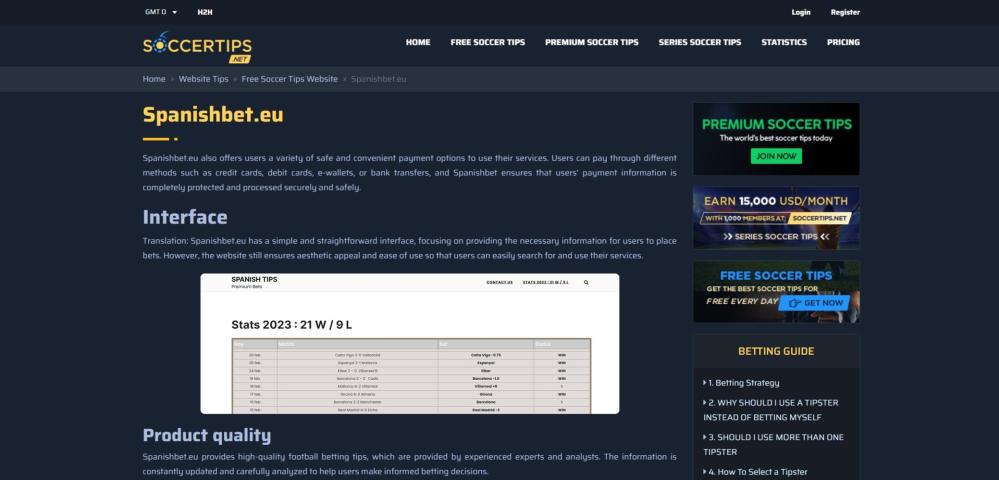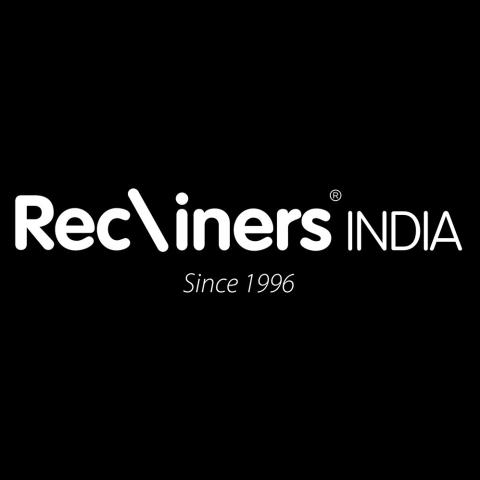A discovery session is a crucial step in any project or client engagement, serving as a foundation for understanding the client’s needs, expectations, and goals. This initial meeting sets the tone for the entire project, helping to clarify objectives, establish trust, and identify potential challenges early on. Whether you're a consultant, designer, marketer, or any other professional, asking the right questions during a discovery session is key to success. Here are some essential questions to consider:
1. What Are Your Main Goals and Objectives?
Start by understanding what your client wants to achieve. This question helps uncover the big-picture vision and specific goals. Are they looking to increase sales, improve brand awareness, launch a new product, or something else? Understanding these goals will guide the project's direction and ensure alignment with the client’s expectations.
2. Who Is Your Target Audience?
Knowing who the end-users or customers are is critical. Ask about demographics, preferences, behaviors, and pain points. This information is vital for tailoring strategies that resonate with the audience and meet their needs effectively.
3. What Are Your Unique Selling Points (USPs)?
Understanding what differentiates the client’s product or service from competitors is essential. Ask them to define their USPs, which will be a key focus in any marketing or product development efforts.
4. What Challenges Are You Facing?
Every project has hurdles, and identifying these early can prevent roadblocks down the line. Ask about any current issues, whether they are market-based, internal, or related to resources and technology.
5. What Is Your Budget and Timeline?
Clarifying the budget and timeline is crucial for setting realistic expectations and ensuring the project is feasible. Ask about their preferred timeline and budget constraints to plan accordingly and avoid surprises later.
6. What Does Success Look Like to You?
This question helps define measurable outcomes. Whether it’s a certain number of new leads, a percentage increase in sales, or achieving a specific market position, understanding what success means to your client helps in aligning your efforts towards those goals.
7. Who Are Your Competitors?
Knowing the competition provides insight into what you’re up against. Ask about direct and indirect competitors, what they are doing well, and where they might be falling short. This can help identify opportunities and threats in the market.
8. What Are Your Current Strategies?
Understanding what strategies are currently in place and their effectiveness can provide valuable context. This includes marketing strategies, sales approaches, or operational methods. Knowing this can help build on what’s already working or pivot from what isn’t.
9. What Are Your Expectations from This Engagement?
Ask the client what they expect from you and your team. This helps set clear boundaries and responsibilities, ensuring both parties are on the same page.
10. Are There Any Specific Preferences or Requirements?
Some clients may have particular preferences regarding communication, project management tools, or even the tone of voice in marketing materials. Understanding these preferences early on helps in customizing the approach to fit their >
Conclusion
Asking these essential questions during a discovery session ensures that you have a comprehensive understanding of your client’s needs and expectations. This groundwork not only helps in delivering tailored solutions but also fosters a strong, trust-based relationship from the start. Remember, a successful project begins with asking the right questions and truly listening to the answers.






